Nigeria Continues to Disapprove Same-Sex Activities
Akoro Joseph Sewedo
Arcus Correspondent
The Nigeria government further disapproves same-sex activities and human rights of gay, lesbian, bi-sexual and transgender people.
Homosexuality is illegal in Nigeria and punishable by 14years imprisonment according to section 217 of the Nigerian criminal code while in Northern Nigeria where most states implement the shariah law, it punishable by death. In 2006 and 2008, a bill to further criminalise same-sex activities and gay rights advocacy was introduced into the National assembly.
Last week, at the UN Human Rights Council, Nigeria voted against a South-Africa sponsored resolution that endorsed the rights of gay, lesbian and transgender people for the first time ever at the Council, News Agency of Nigeria reported.
The resolution was adopted in Geneva by a vote of 23 countries in support, 19 against and 3 abstentions. Alongside Nigeria, countries that voted against the resolution included, Russia, Saudi Arabia, and Pakistan. China, Burkina Faso and Zambia.
“I salute those who have worked tirelessly on the resolution and the courageous countries that sponsored and voted to protect the human rights of all regardless of their sexual orientation and gender identity” said Dorothy Aken’Ova- Sexual and Reproductive Health and Rights activist.
However she expressed her disappointment in the vote of Nigeria against the resolution. “I do not know what it will take to stop Nigeria from embarrassing us. Nigeria has chaired twice yet it is clear that the government is yet to know what human rights mean” she said.
Speaking on behalf of the African group, Nigeria’s representative at the Council Ositadinma Anaedu said African countries, “and more than 90 per cent of the African people” did not support the resolution.
He said notions on sexual orientation should not be imposed on countries and warned against turning the “UN into a guinea pig” of policies that could not be implemented by member countries.
The resolution calls on the UN’s High Commissioner for Human Rights to prepare a global study outlining discriminatory laws, practices and acts of violence directed at LGBT individuals, with recommendations on how to put an end to such fundamental human rights abuses. The UN Human Rights Council will review the study next year.
